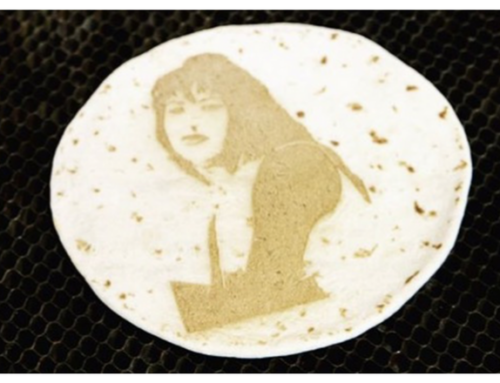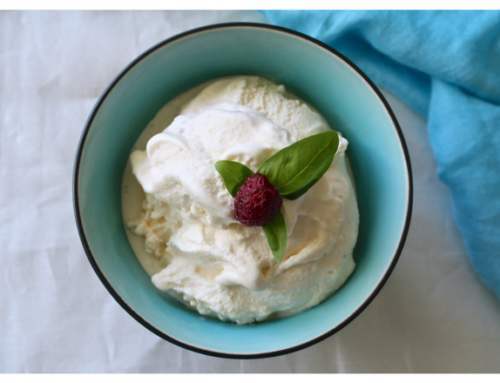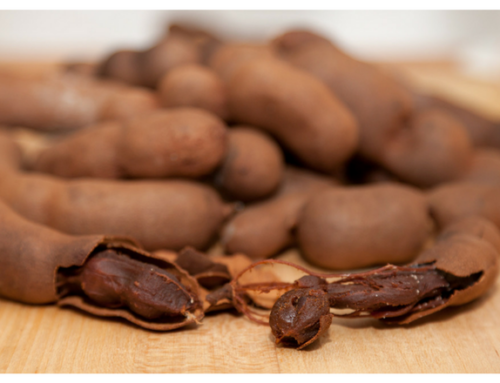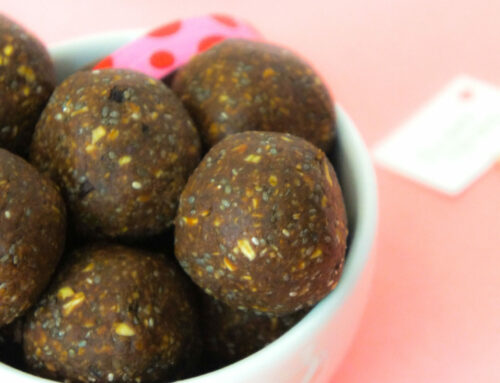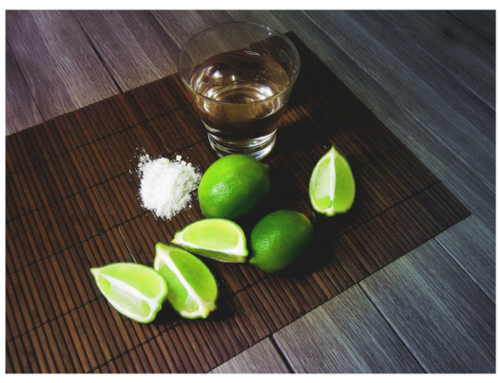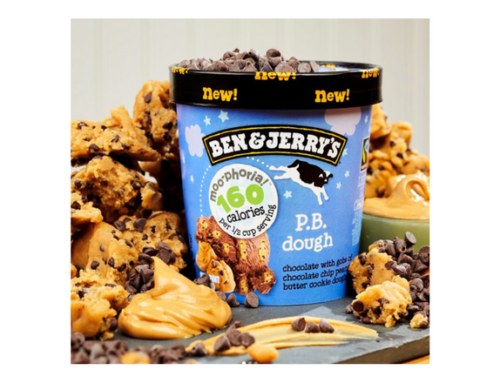You’ve no doubt seen kombucha pop up in your neighborhood cafes and organic grocery stores. It’s touted as a miracle elixir that will fight off everything and make you stronger in the process. But is that true? We investigate.
Related: 10 Reasons to Give Tea a Shot
What’s kombucha?
Though kombucha is on trend these days, it goes back thousands of years. The tea dates back 2,000 years to ancient China, where it was a medicinal drink thought to fight arthritis and cancer. To make it, tea (usually black or green) was combined with sugar and bacteria and yeast and steeped for days. After it fermented, the culture (which turns into a jelly like substance) was scooped out and saved to make another round of kombucha and the tea was ready to drink. It’s still produced much the same way today. The fermentation process produces a slightly sour and vinegar-like taste
Is kombucha healthy?
Signs aren’t clear. Though back in the day it was a miracle cure, these days there’s not a ton of evidence that it helps the immune system, fight cancer, or improve digestion. And in fact, there’s more evidence that it hurts: upset stomachs, infections, allergies. That’s because when it’s brewed at home, it can come in contact with non-sterile conditions and become contaminated. [pagebreak]
Doesn’t fermentation make it sweeter or produce alcohol?
Good questions. Though most batches of kombucha start with a cup of sugar, most of it is lost through the process. So while this will vary by brand, there shouldn’t be more than two grams per eight-ounce serving. As for the alcohol, yes, there’s a teeny tiny bit. Most mass produced versions of kombucha contain about 0.5 percent alcohol by volume. (A light beer has about 4-5 percent ABV.) That’s not enough to taste or have any effect on you. But if you’re strictly no-alcohol, it’s something to consider.
Break it down. How is kombucha brewed?
Kombucha starts with a bacteria and yeast culture called a SCOBY. There has been no record of a SCOBY in the wild, most people buy a SCOBY or get one from a friend. There are scores of recipes online but mostly it means buying a high quality kombucha with lots of sediment, adding sugar, water, and tea to that and letting it sit for weeks (while adding more tea) to let the SCOBY form (it looks a little bit like a jelly fish).
Once you have a mother starter, you can make the tea using more water, sugar, kombucha liquid, and tea. The process isn’t labor intensive, you just need time and a schedule. [pagebreak]
Should you homebrew kombucha?
If you’re already a canner and a jammer, the intricacies of making kombucha might seem natural and worthwhile to you. If you’re new to the kombucha game, not so much. Though kombucha has been brewed for thousands of years in kitchens dirtier than yours… the fact is that there are plenty of reputable kombucha brands on the market right now. Most distress cases involving kombucha stem from contaminated home brews. Your health isn’t worth the risk. So know what you’re getting into. And if you enjoy the process, salud.
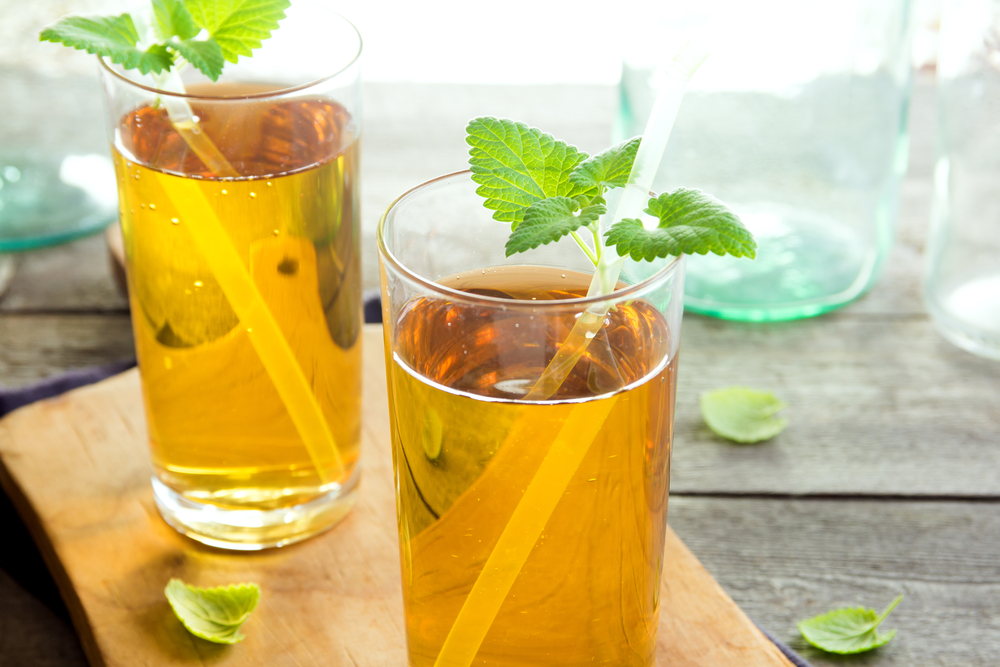
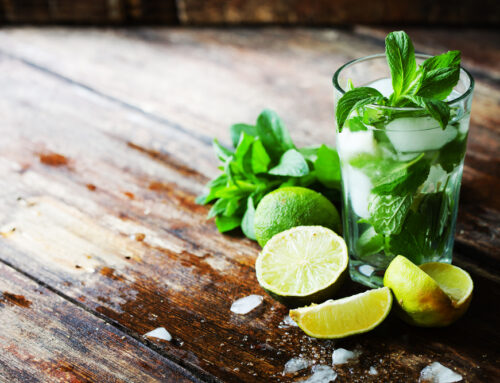
![Making Mealtime Matter with La Familia: Easy Sofrito [Video]](https://thelatinkitchen.com/wp-content/uploads/2015/10/sofrito-shutterstock__0-500x383.jpg)
![Easy Latin Smoothies: Goji Berry Smoothie [Video]](https://thelatinkitchen.com/wp-content/uploads/2015/12/goji_berry-shutterstock_-500x383.jpg)
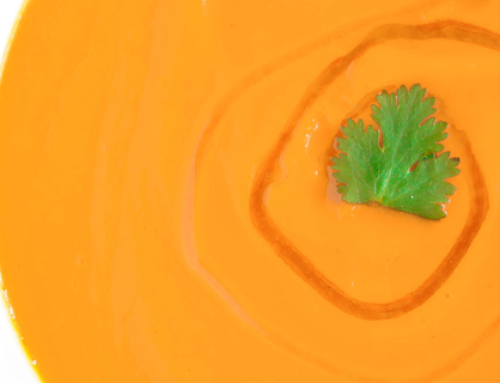
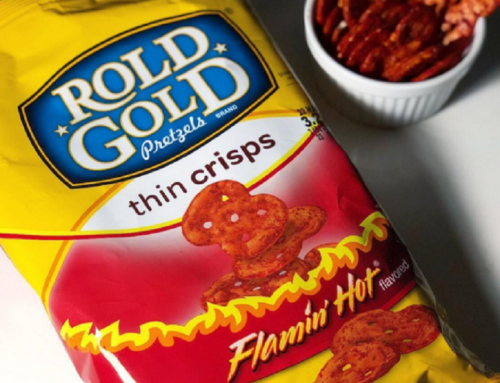
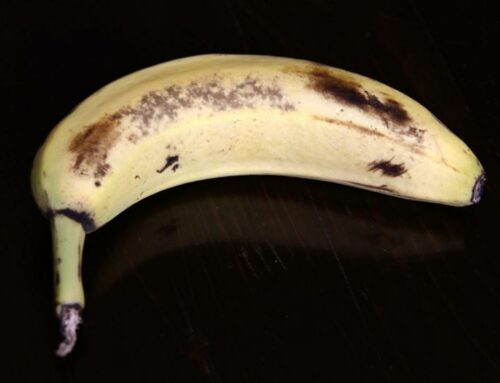
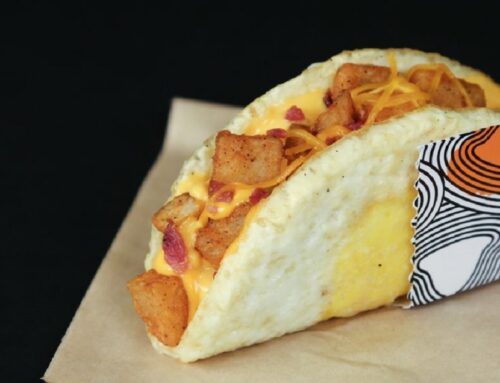
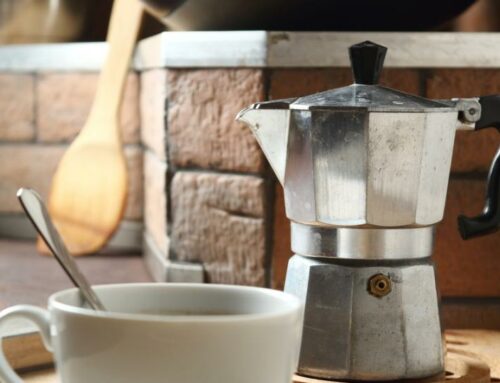

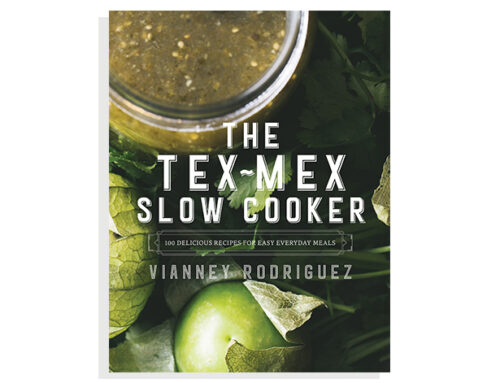
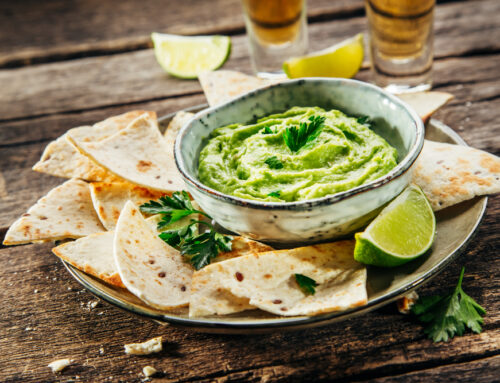
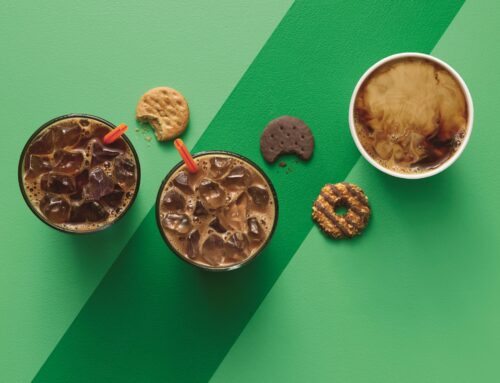

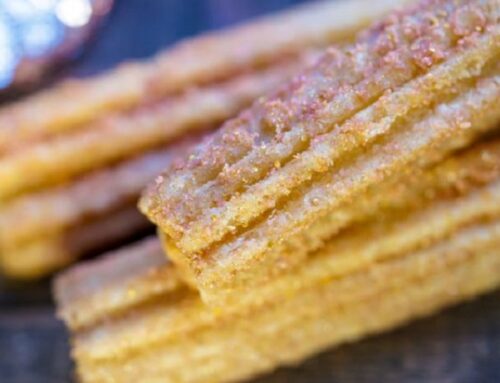
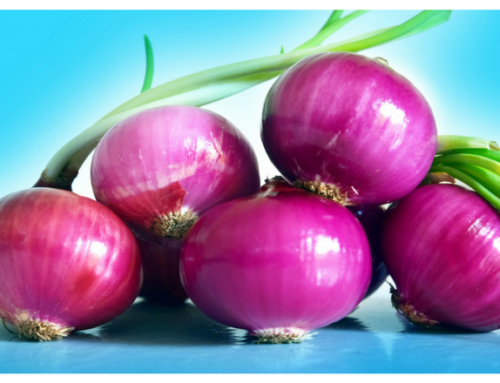

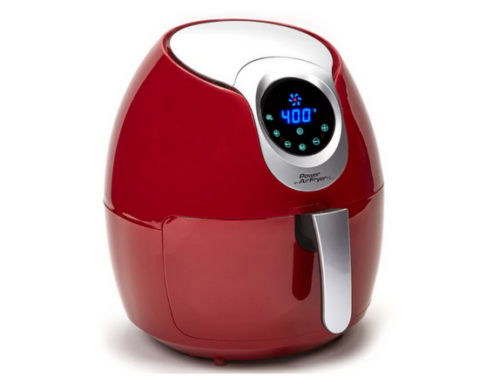


![Fun and Fast Recipes: Fiesta Cabbage Salad [Video]](https://thelatinkitchen.com/wp-content/uploads/2015/11/fiesta_cabbage_slaw-shutterstock_-500x383.jpg)
